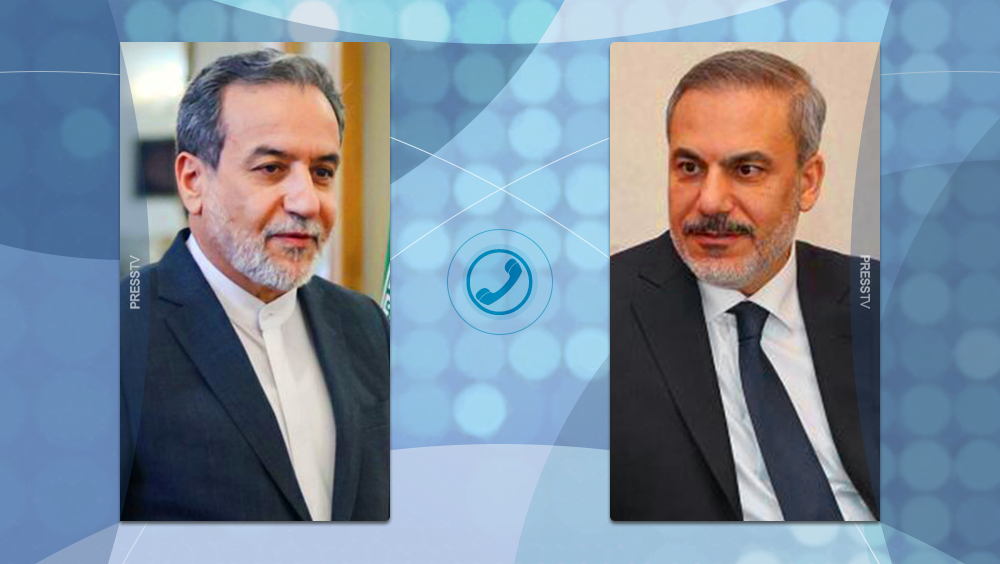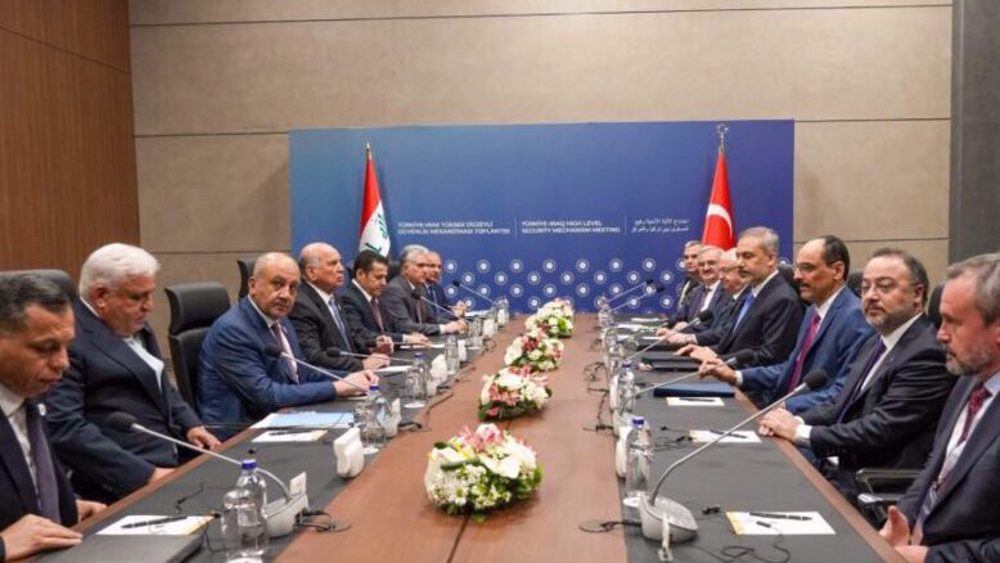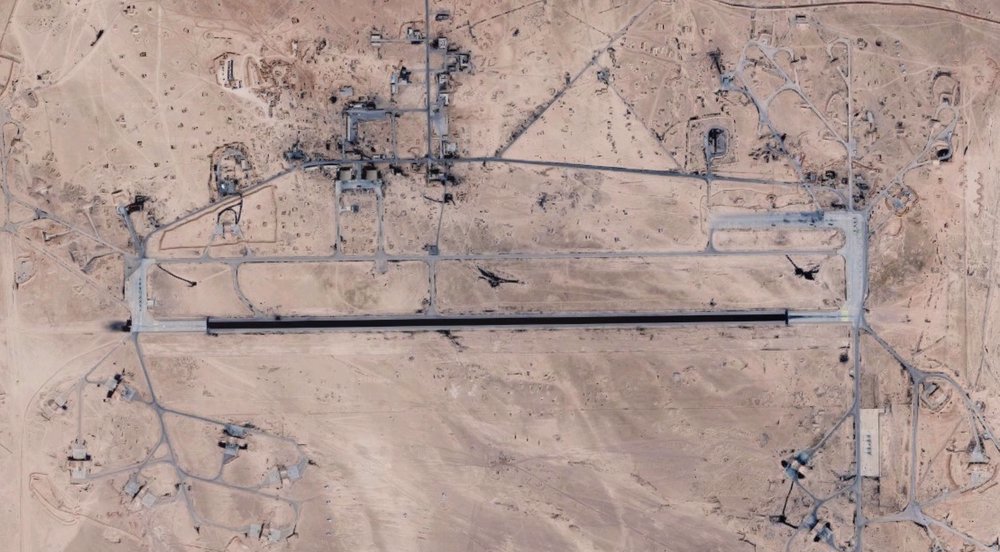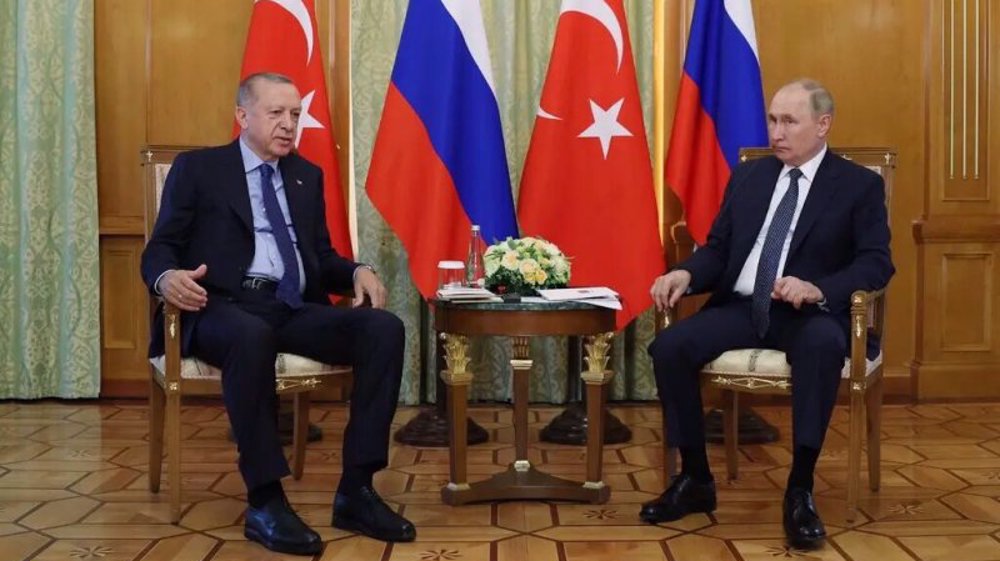US threatens NATO member Turkey with sanctions over ties with Russia
The United States has threatened fellow NATO member Turkey with sanctions over its growing ties with Russia, as Moscow's military operation in Ukraine enters its seventh month.
The Turkish Industry and Business Association (Tusiad), Turkey’s leading business association, said on Tuesday that it had received a letter from US Deputy Treasury Secretary Wally Adeyemo, warning of possible sanctions risks if firms continue doing business with sanctioned Russian entities and individuals.
In its press release, Tusiad added that it had shared the letter with the Turkish foreign ministry, finance ministry and trade ministry.
“Any individuals or entities providing material support to US-designated persons are themselves at risk of US sanctions,” Adeyemo wrote in his letter, as its contents were first reported by The Wall Street Journal this week.
“Turkish banks cannot expect to establish corresponding relationships with sanctioned Russian banks and retain their corresponding relationships with major global banks as well as access to the US dollar and other major currencies,” he added.
Since Russia began an ongoing military operation in neighboring Ukraine on February 24, the US and its European allies imposed rafts of sanctions against Moscow, warning other countries against doing business with Russia’s sanctioned companies and individuals.
Turkey, despite being a member to the US-led NATO, maintains good relations with Russia even after the onset of the operation. This has angered the US, which is becoming growingly alarmed that Moscow and Russian businesses are allegedly using Turkey to evade Western financial and trading restrictions against the Kremlin.
Earlier this month, Turkish President Recep Tayyip Erdogan and his Russian counterpart Vladimir Putin reached an agreement to boost economic cooperation at a summit in the Black Sea resort of Sochi.
According to official figures, the value of Turkish exports to Russia between May and July growing by almost 50 percent from last year’s figure.
Turkey has doubled its imports of Russian oil this year as Russia pivots away from Europe. Ankara and Moscow have also agreed to transition to ruble payments for the natural gas exported by the Kremlin-tied giant Gazprom.
The post-operation developments prompted Adeyemo to pay a rare visit to Ankara and Istanbul in June in a bid to express Washington’s concerns that Russia’s big businesses were allegedly using Turkish entities to avoid Western sanctions against Moscow.
However, Turkey, which has also good relations with Ukraine, has so far tried to stay neutral in the conflict and refused to join the international sanctions regime against Russia.
Turkish officials have not yet formally responded to Adeyemo’s letter.
However, Erdogan’s foreign policy adviser Ibrahim Kalin said back in June that Turkey’s “economy is such that imposing sanctions on Russia would harm Turkey the most.”
“We have taken a clear approach. Right now, the Westerners have accepted this,” Kalin said at the time.
On the weekend, Adeyemo had reportedly told Turkish Deputy Finance Minister Yunus Elitas that Russian entities and individuals were allegedly trying to use Turkey to bypass western sanctions against Moscow.

Iran, Turkey foreign ministers discuss Muscat talks, other regional issues

Iraq warns Daesh threats ‘resurging’ in Syria

Turkey readies plans to take over Syria’s T4 airbase: Report
Iran unveils legal strategies for SCO states to counter challenges
Gaza’s slow death: How aid blockade has pushed Palestinians to the brink
US plan requires Ukraine to give 20% of territory to Russia: Report
Iran: New sanctions show US 'lack of goodwill' in talks with Tehran
Charred bodies found in school as Israeli strikes kill dozens in Gaza
VIDEO | Press TV's news headlines
The April Revolution: One-year anniversary of Gaza solidarity encampments in US
Pezeshkian hails Iran-Azerbaijan ties ahead of visit to Baku








 This makes it easy to access the Press TV website
This makes it easy to access the Press TV website